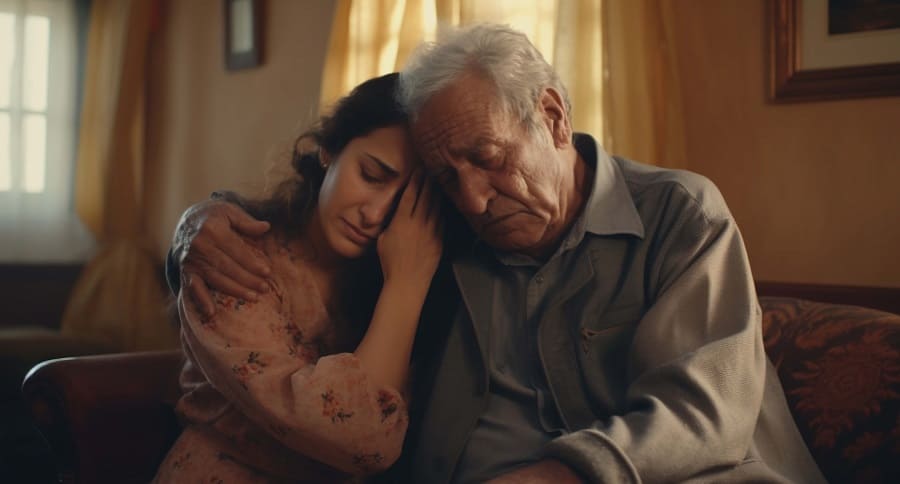Currently Empty: $0.00

6 Reasons Why Elder Abuse in Nursing Homes Goes Unreported
One of the biggest challenges in addressing the pervasive problem of elder abuse in nursing homes is the number of cases that go unreported. Underreporting is part of a wider culture of silence surrounding elder neglect and abuse. Let’s explore some of the main reasons why nursing home abuse often goes unreported.
Stigma
The social stigma around aging and institutional care contributes to the underreporting of elder neglect and abuse. Society tends to ignore or marginalize the elderly, perpetuating a narrative that their experiences – including abuse and neglect – are less important. There’s a widespread false belief that elder abuse is rare, and a reluctance to accept that caregivers could commit such heinous acts. This culture of denial allows abuse to go unreported.
Inadequate Staffing and Training
Insufficient training and awareness among nursing home staff and management also contributes to the underreporting of elder abuse. Many facility employees simply aren’t trained to recognize the signs of abuse, or the proper procedures for reporting it. The fear of losing their job may discourage employees from reporting. While understaffing and inadequate training practices are unfortunate realities, they are never an excuse for neglect or abuse.
Systemic Intimidation
The hierarchical management structure of many nursing facilities can contribute to a culture of silence, where lower-level employees feel intimidated or powerless to report misconduct by the higher-ups.
Victim Vulnerability
Many residents in nursing homes suffer physical or cognitive impairments that make it difficult for them to communicate or protect their own rights. They may not recognize that their own experiences constitute elder abuse. Conditions like Alzheimer’s and dementia may further hinder their ability to express their suffering.
Bureaucracy
The complexity of bureaucratic systems can further discourage victims and their families from speaking out. Reporting elder neglect and abuse through legal channels can be a lengthy and emotionally exhausting process, deterring individuals from pursuing complaints. Additionally, some families may hesitate to report abuse out of fear that it will negatively impact their loved one’s care, or because they fear legal consequences of their own.
Fear of Retaliation
The threat of psychological and physical harm can obstruct the reporting and investigation of elder abuse and neglect.
How to Address Nursing Home Abuse & Underreporting
Addressing the underreporting of nursing home abuse requires a multifaceted approach. Improved education and training for both staff and residents, simplified reporting processes, and a commitment to fostering a culture of transparency and accountability within nursing homes are essential. Additionally, societal attitudes toward aging and elder care must evolve to prioritize the well-being and dignity of nursing home residents. Only through collective efforts to raise awareness, eliminate stigma, and encourage reporting can we hope to combat nursing home abuse and protect the rights and safety of vulnerable individuals.
Elder abuse is not just a statistic. To fight it, it is essential to break the silence. By speaking out and holding perpetrators accountable, we can work toward ensuring the safety and dignity of our most vulnerable citizens.
If you suspect that a loved one has been the victim of nursing home abuse, seek consultation with an experienced elder abuse lawyer.

